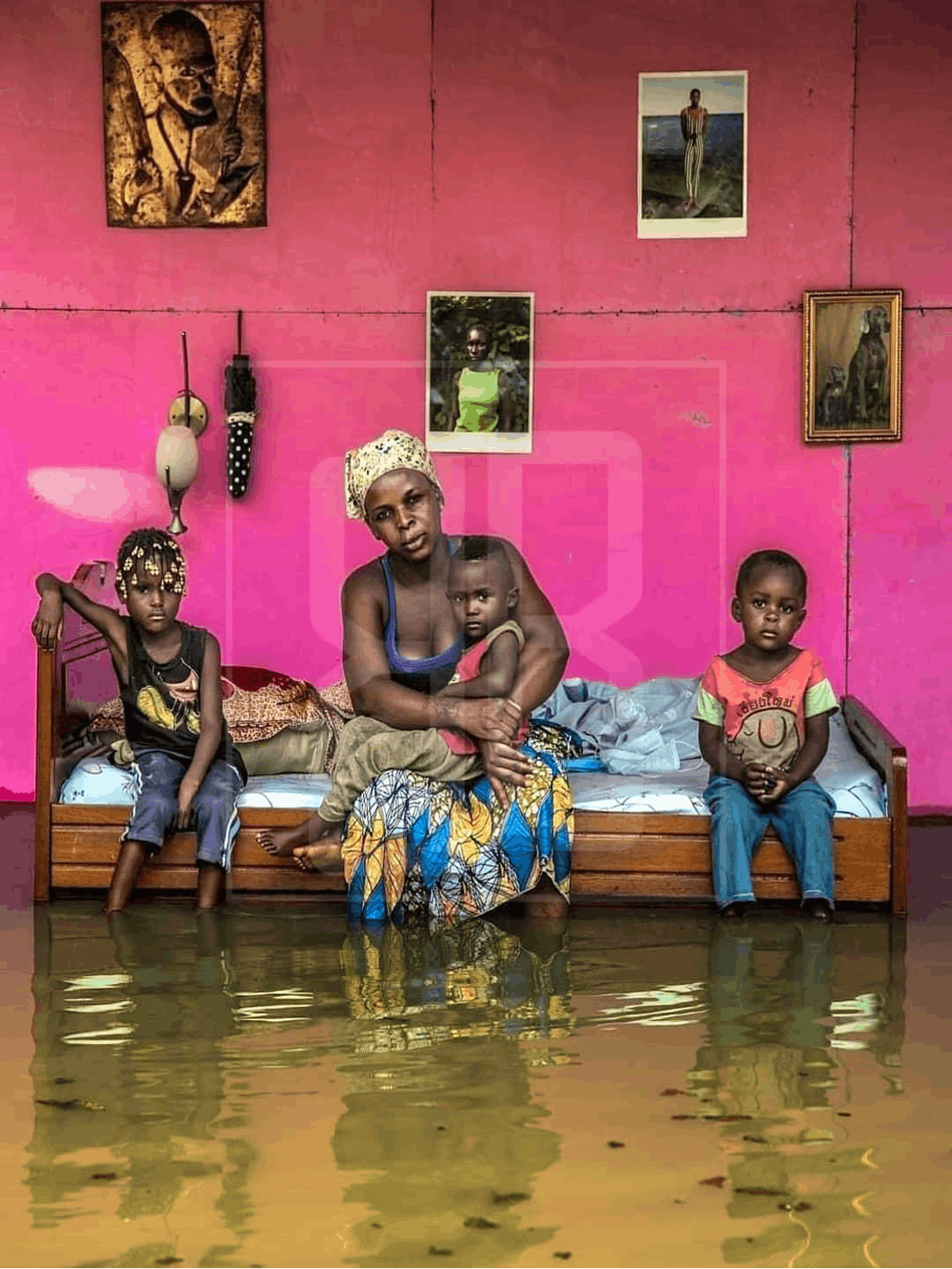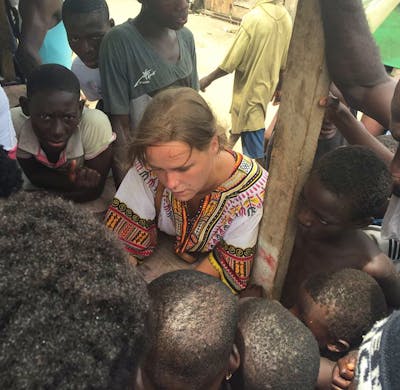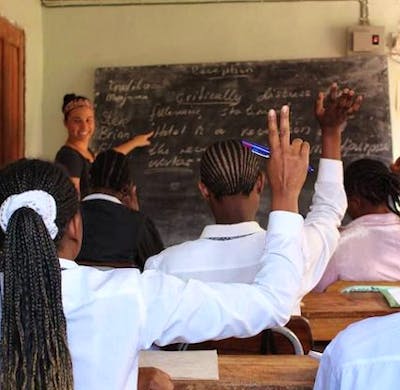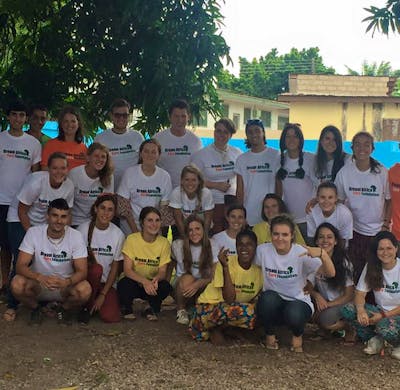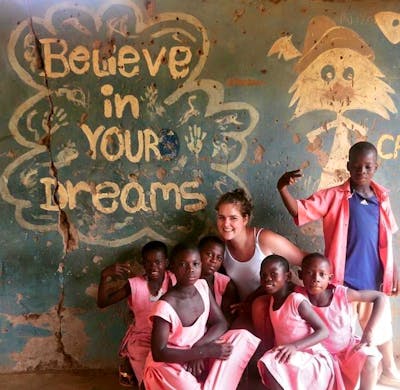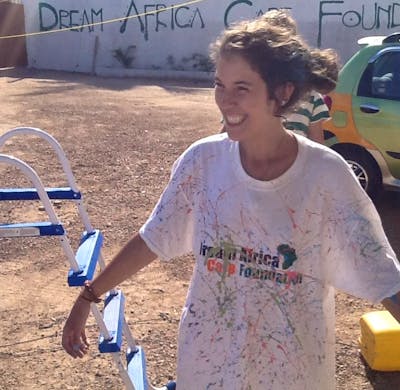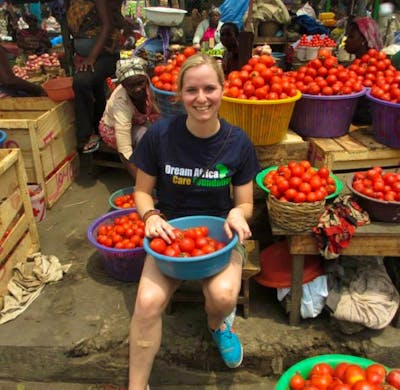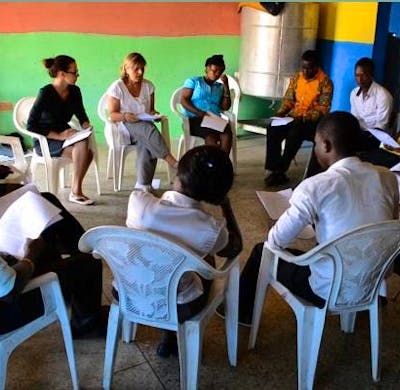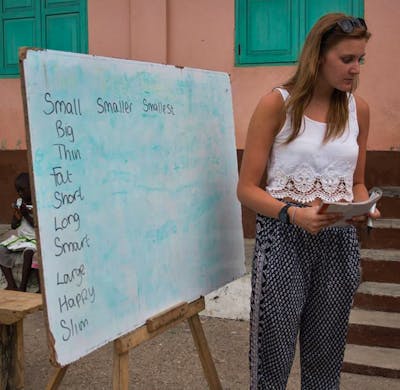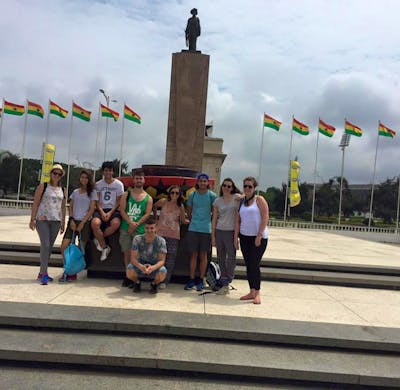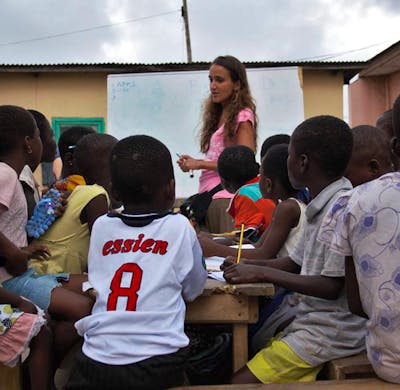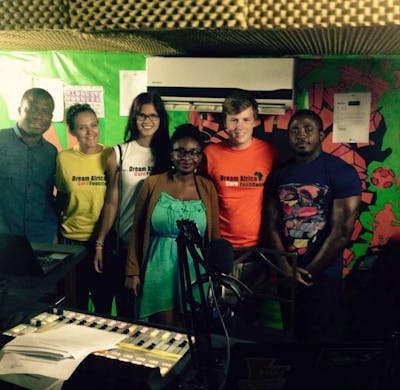.Travel to Africa and gain practical work experience at our Rural Communities Human Rights internship in Ghana. Your focus will be on raising awareness and protecting human rights in marginalise communities. Interns work at the Dream Africa Care Foundation’s Human Rights project in the three northern region of Ghana where there's a lot of poverty and lack of education. Your exact role will be determined by your level of experience and interest in specific areas. This project is open to anyone who wants to help make a difference in the lives of underprivileged people by helping give a voice to the voice less and protect the marginalize in society
These internships are ideal for anyone who wants to help make a difference in the field of human right advocacy. However, the work is also suitable if you are a student building a resume for law school or if you have a general interest in law and human rights. The experiences that you will have while interning in Ghana will give your resume an edge over the competition
On the Human Rights program you can expect to be busy at a full-time placement. This placement is best for interns with a strong interest in affecting change for the better while keeping in mind the long-term aim of the projects. Placements are demanding and must be taken seriously. In working for the Dream Africa Care Foundation’s Human Rights project, you are representing a professional organization.
You can expect to operate in rural locations, meet people at all levels of society, and engage with international and domestic authorities and organizations. It is important to demonstrate cultural understanding and flexibility. Our mandate is to empower individuals and communities as well as nurture a supportive framework for human rights rather than impose western ideals on Ghanaian society.
Human Rights - Our Mission in Ghana: The mission of the Dream Africa Care Foundation’s Human Rights project is to ultimately promote and protect the rights of the people of Ghana. We do this through three main types of work: raising awareness of human rights, monitoring vulnerable areas, and resolving human rights abuses.
While there is inevitably a legal aspect to all human rights work, the Human Rights project circles strongly around social justice and research which encompasses the three main aims detailed below. Interns seeking more direct legal experience should look at our Law internship.
Education and Awareness: Human Rights awareness is conducted for two main reasons. Firstly, to educate, as many victims of abuse are not aware of their fundamental human rights or the protection afforded to them by law. At the same time, perpetrators are often ignorant to the responsibilities they have to others. Secondly, to empower, as an increased understanding and awareness encourages legal conformity and access to justice in the future.
The Dream Africa Care Foundation’s Human Rights project regularly performs educational and awareness raising outreach work to tackle a variety of human rights issues. Interns can expect to travel to rural communities, schools, and other local institutions to make presentations and provide training. We often partners with relevant authorities to address issues of domestic violence, interstate succession, offender's rights, child labor, child trafficking, and the right to education, to name but a few.
Human Rights Monitoring: In order to identify communities and individuals in need of assistance we perform human rights monitoring. We enter areas and facilities to identify abuses, determine their gravity, assess the needs of people affected, prioritize victims and determine a strategy to bring about change.
We also monitor facilities and activities of associate organizations to offer our most effective and efficient assistance. Such assistance may be in terms of personnel secondment, sourcing funding for financial assistance, offering direct financial assistance, or simply making recommendations.
Monitoring occurs in several areas. This will vary depending on the projects running at the time, but in the past it included the following: rural farming areas, fishing and mining communities, communities of foreign nationals or seasonal migrants, city slums, courts, areas of landfill, daily media, and in facilities under the direction of state institutions or NGOs.
Monitoring also allows us to consider our own level of success so that we may perform better in the future.
Abuse Resolution: Where we have identified a victim or group of victims of human rights abuse we will proceed to assist those victims as directly as possible rather than offering assistance in a community setting. Such people come to our attention through our monitoring and awareness projects and we take it upon ourselves to identify the best means of resolve.
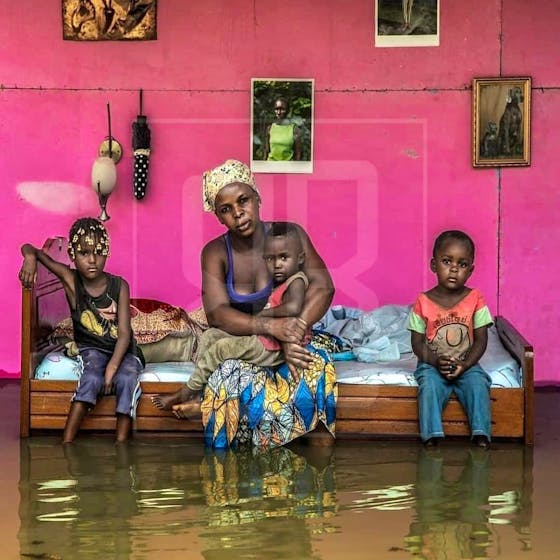
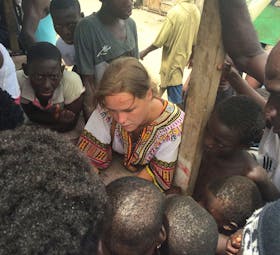
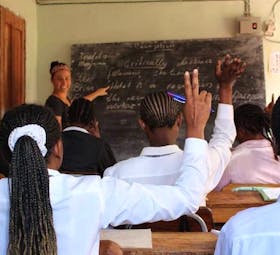
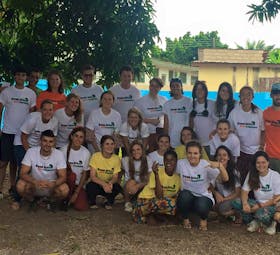
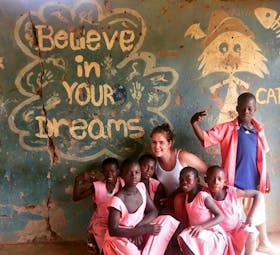
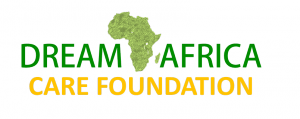
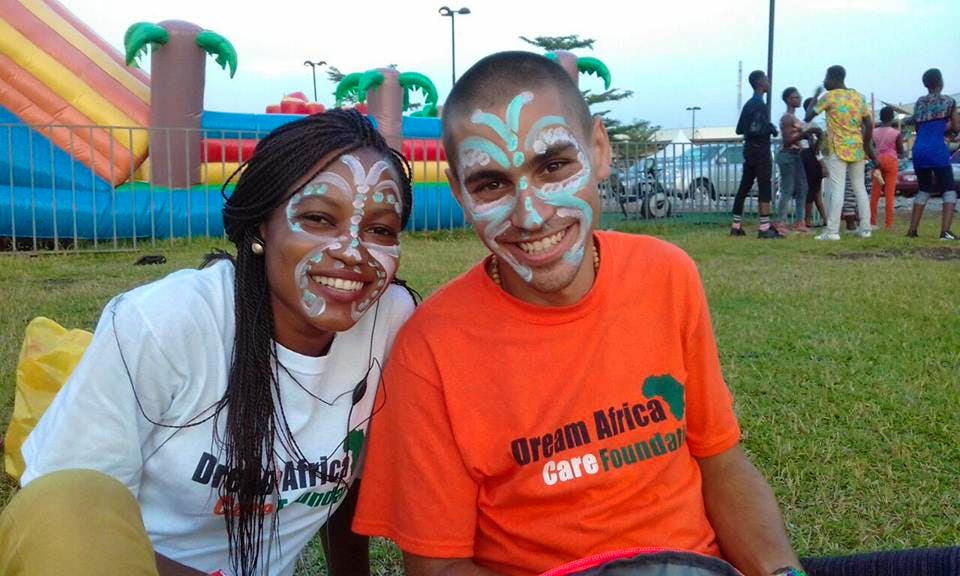
 4.3
4.3

